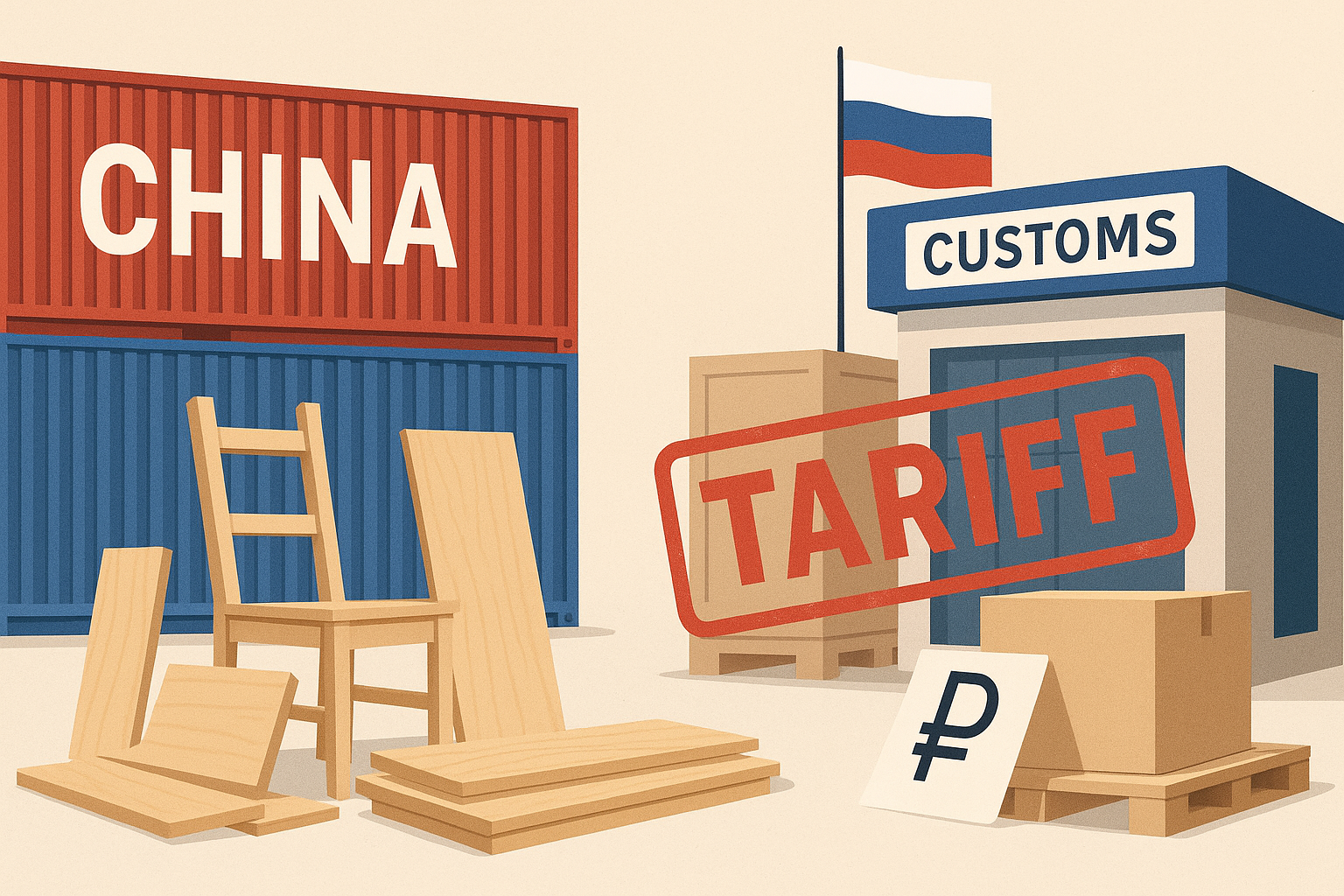Imagine this: you and your friends are trying to pick a movie. Instead of one person deciding for the group, everyone gets a say — and the winning choice is whatever gets the most votes. That’s the core spirit of direct democracy — but scaled up to entire nations.
While most of the world runs on representative democracy (where you elect leaders to decide for you), direct democracy countries let citizens vote directly on laws, policies, and even constitutional changes. It’s democracy without the middleman.
What Is Direct Democracy?
Direct democracy is a political system where citizens make decisions themselves rather than delegating them to elected officials. In countries with direct democracy, people vote on specific issues — from tax reforms to social policies — often through mechanisms like referendums, citizen initiatives, and recall elections.
It’s not just a theory; it’s an active way of governing that gives the public a more hands-on role in shaping their nation’s future.
How Direct Democracy Works in Practice
Most direct democracies use a mix of tools to keep decision-making in citizens’ hands:
- Referendums – Nationwide or regional votes on a single proposal, binding or advisory.
- Citizen Initiatives – Public proposals that reach the ballot if enough signatures are gathered.
- Recall Elections – A vote to remove elected officials before their term ends.
This system works best when paired with transparent information campaigns so voters understand the issues at stake.
Direct Democracy Countries Today
Fully direct democracy is rare, but several countries have embedded strong direct voting rights into their systems:
- Switzerland – The global poster child for direct democracy, holding multiple national referendums each year. Citizens can challenge parliamentary decisions or propose new laws.
- Taiwan – Known for blending traditional voting with advanced digital democracy platforms, allowing secure online citizen participation.
- Liechtenstein – Despite being a monarchy, citizens can veto parliamentary laws or call for new votes.
- Iceland – Used citizen assemblies and referendums to rewrite parts of its constitution after the 2008 financial crisis.
- Uruguay – Frequently uses referendums to decide on major economic and social policies.
Advantages of Direct Democracy
- High Public Engagement – Citizens feel more connected to political outcomes.
- Transparency & Accountability – Law-making is more visible and participatory.
- Reflects Majority Opinion – Policies tend to align with public values.
Challenges of Direct Democracy
- Voter Fatigue – Too many votes can lead to low turnout or rushed decisions.
- Populist Risks – Complex issues can be oversimplified into “yes/no” choices.
- Information Gaps – Not all voters have access to balanced, factual information.
Why It’s Gaining Attention in 2025
Political distrust and the rise of digital governance tools are fueling renewed interest in citizen-led decision-making. Blockchain voting, AI-assisted policy summaries, and secure mobile ballots are making it easier for countries with direct democracy to scale participation without sacrificing accuracy or trust.
In an era where transparency is non-negotiable, more nations are looking to Switzerland, Taiwan, and others as models for how to bring people closer to the policy process.
Final Word
Direct democracy countries show that governance can work when citizens have both the tools and the trust to make decisions themselves. But the system isn’t a magic fix — it requires strong civic education, accessible voting platforms, and safeguards against misinformation.
As technology makes participation easier than ever, the question isn’t whether direct democracy can work — it’s whether more countries will be brave enough to try it.











